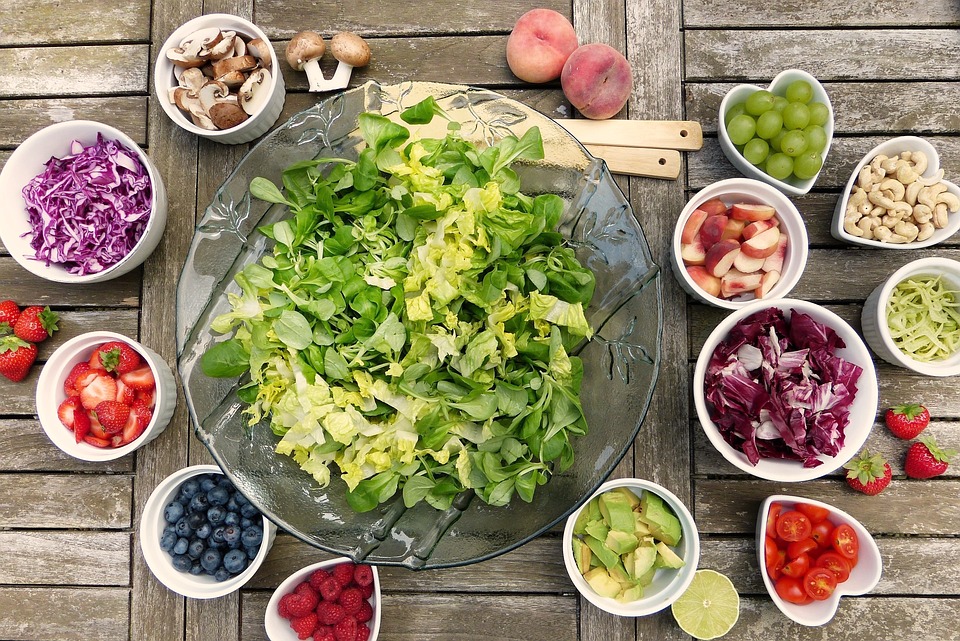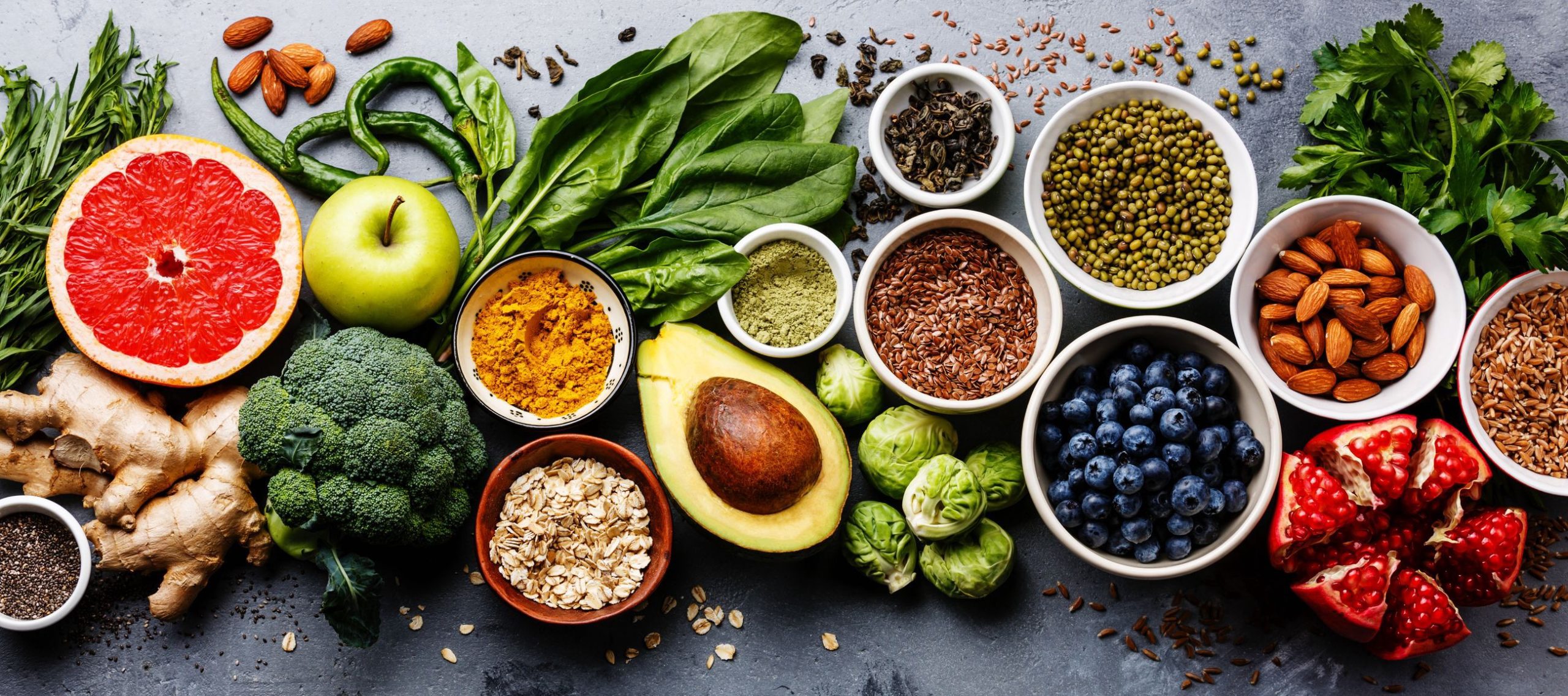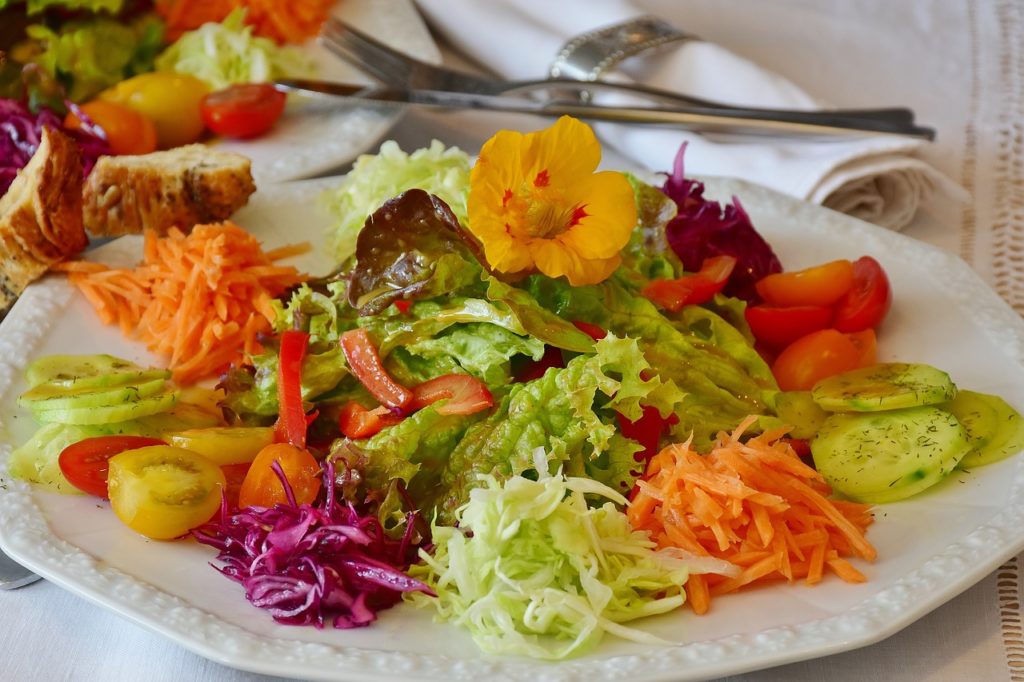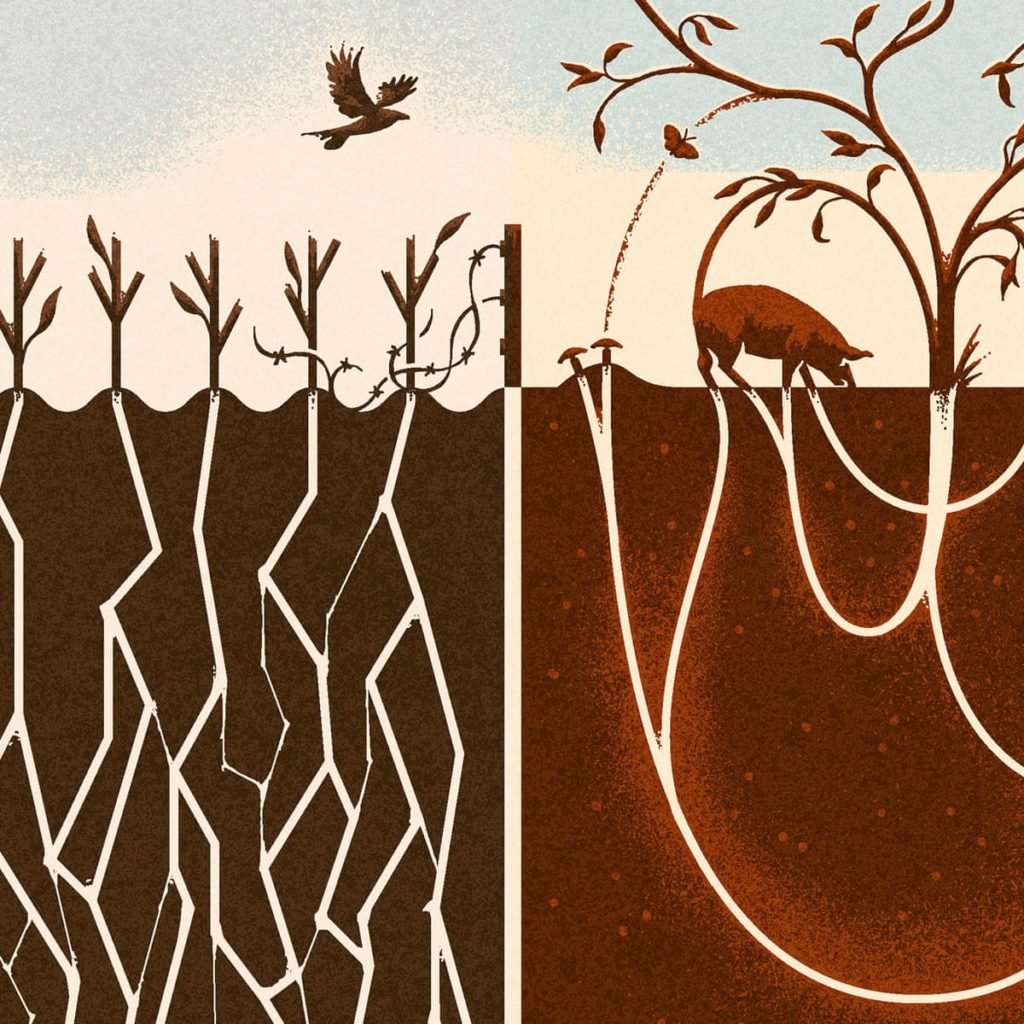Some people claim that going vegan will save the planet but to what extent is this true? There is a rise in the number of people going vegan nowadays and for numerous reasons. Vegan people supposedly have lower health risks for conditions such as heart diseases or cholesterol, although the science behind this is still very skewed.
Meat and dairy (farmed cattle) now account for 14.5 percent of all man-made greenhouse gas emissions, according to the United Nations. That’s nearly the same amount of pollution as every vehicle, rail, ship, and airline on the globe! If the world decided to go vegan, this will drop by 70 %. The relationship between carbon emission and farming is undeniable.
There are many other impacts of meat consumption. Meat production is linked to the destruction of forests in South America, both directly and indirectly. Large swaths of the Amazon are being deforested to make way for cattle ranching and soybean cultivation for animal feed. Meat-eating contributes to greenhouse gas emissions such as methane, Carbon dioxide, and nitrogen dioxide. Climate change, such as global warming, is exacerbated by these gases. Also, meat production requires a large amount of water.
Should You Stop Eating Meat?

The meat industry has been getting a lot of bad press in recent years, as fad vegan diets and the associated industries put more pressure on governing bodies to alienate meat-eaters. However, it is true that with a growing global population, the amount of meat that would need to be produced to satisfy everyone is staggering, which does lead to valid environmental concerns.
No one can dictate what others should eat (although vegans are trying their best to). Everyone is free to make their decisions, however, a lot of experts do recommend the reduction of meat consumption and even suggest government make policies about meat consumption.
Having a vegan diet does not mean being unhealthy. People nowadays often associate being vegan with being unhealthy, as there is less protein in plants than what is found in meat, but there are a lot of substitutes to meat to replace the protein requirement.
Alternatives such as…

Many individuals regard cow’s milk as essential to their diets. It may be drunk, poured over cereal, or mixed into smoothies, tea, or coffee. While many individuals can or choose not to consume milk owing to personal choices, dietary constraints, allergies, or intolerance, it is not for everyone. Alternatives are soy milk, almond milk, coconut milk, oat milk, and so on… There now are a lot of more expensive alternatives to cow milk.
This can also be seen in the rising demand for meat substitutes. Plant-based burgers, sausages, and other meat alternatives are now available in all well-known supermarkets, made from legumes, vegetables, grains, and other components. When compared to meat, meat alternatives have a number of advantages. Vegan burgers, for example, are supposedly cholesterol-free and typically have fewer calories.
Some alternatives are tofu, soy protein, oat flakes, chickpeas, or pea protein. Once considered as bland food, there are now so many recipes linked to these alternatives, that happen to be very tasty.
Health Benefit
People who don’t eat meat — vegetarians — generally eat fewer calories and less fat, weigh less and have a lower risk of heart disease than non-vegetarians do. People who eat red meat are at an increased risk of death from heart disease, stroke, or diabetes.
There is a new term “flexitarian”, to describe someone who eats mostly plant-based food, but at time consume meat and I think everyone should be ‘flexitarian’. We should have a quota of meat consumption and not go beyond it, for Earth to be a better place. Everyone should work on a flexible diet to protect the planet. Let us know in the comments if you are thinking of giving a vegan diet a try…



